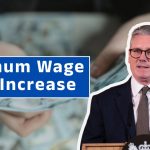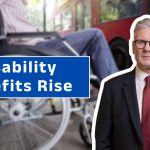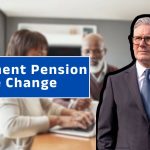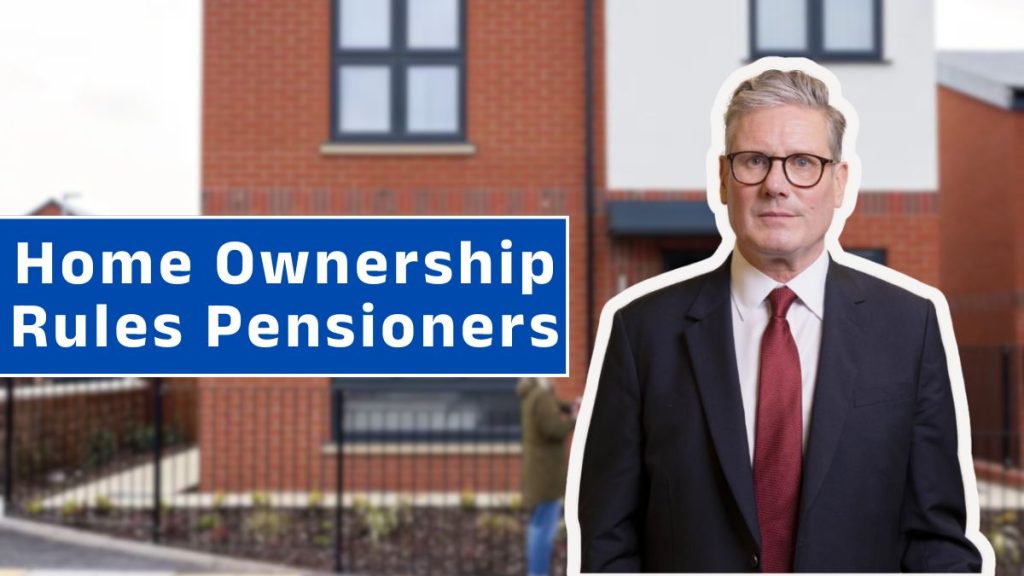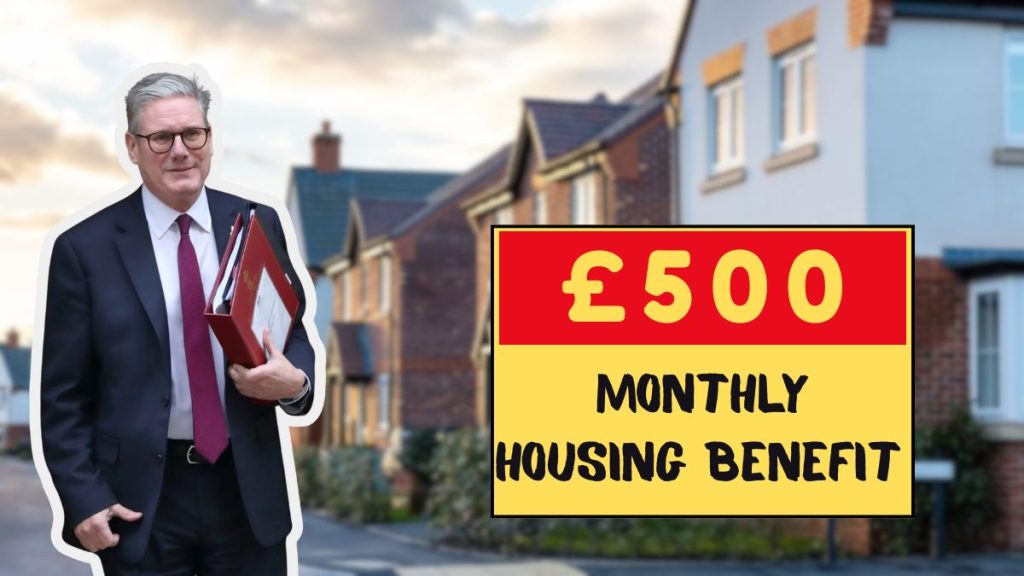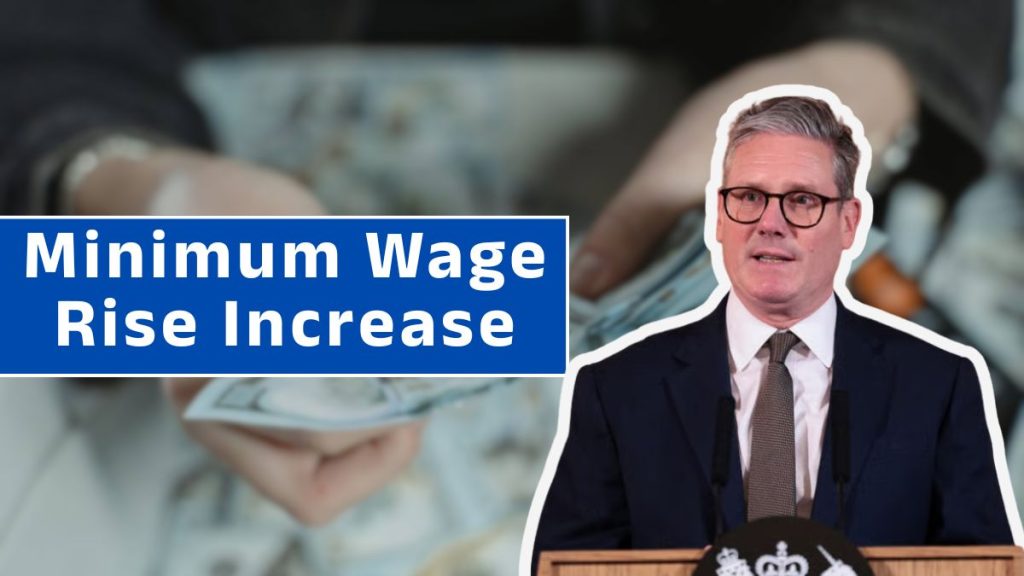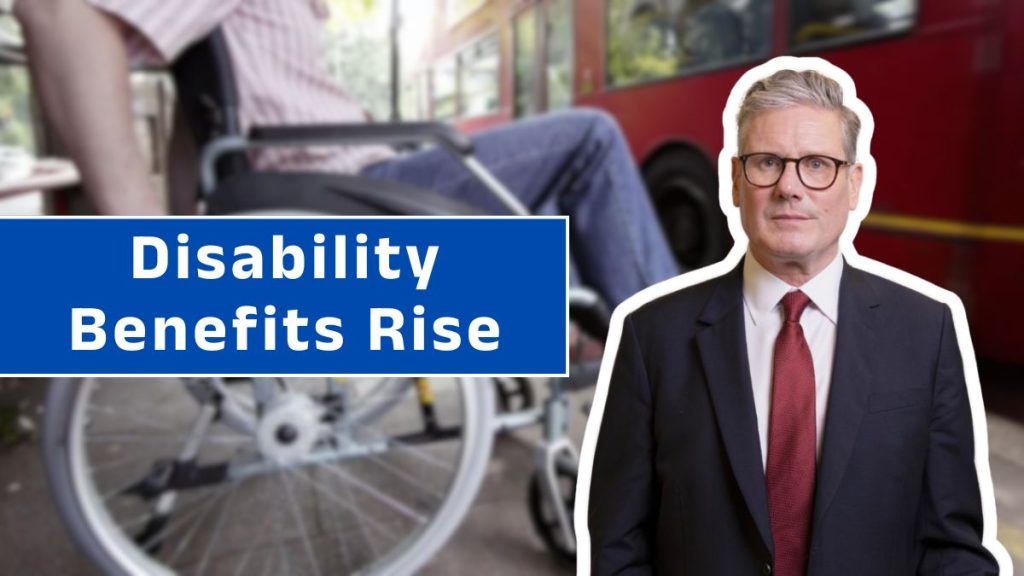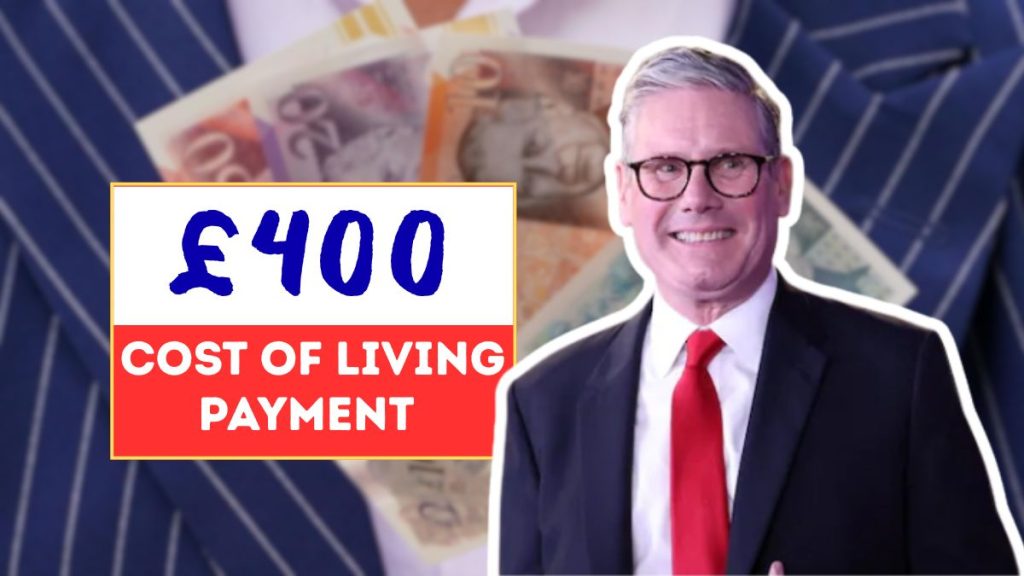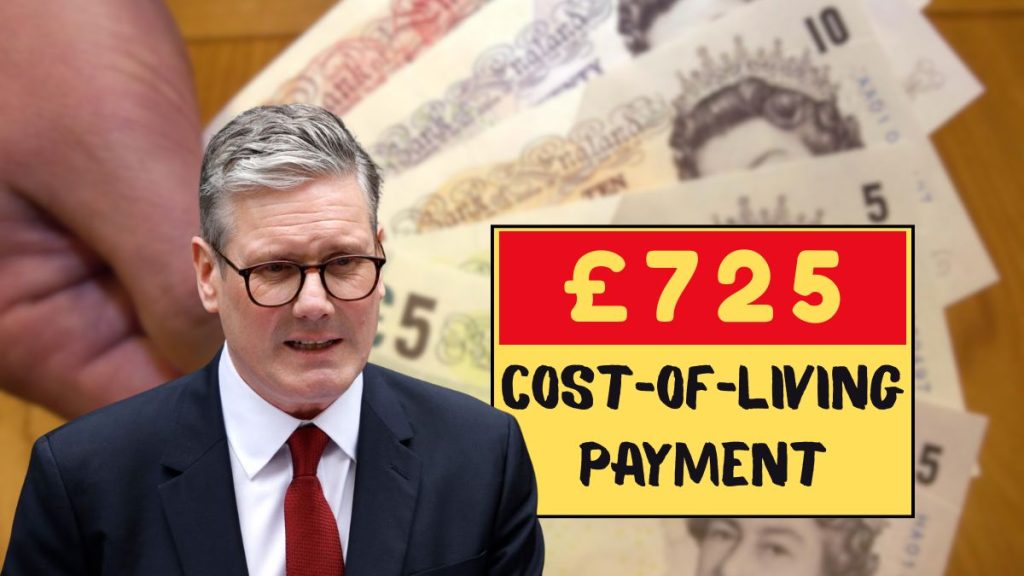The UK government’s Department for Work and Pensions (DWP) has confirmed a £301 Cost of Living Payment for 2025. This financial support is designed to help low-income households, pensioners, and people receiving means-tested benefits cope with rising living costs.
The payment is part of a broader package introduced to reduce the risks of fuel poverty, food insecurity, and housing pressures. However, new eligibility rules mean not everyone who previously received payments will automatically qualify this time.
Why the £301 Payment Was Introduced
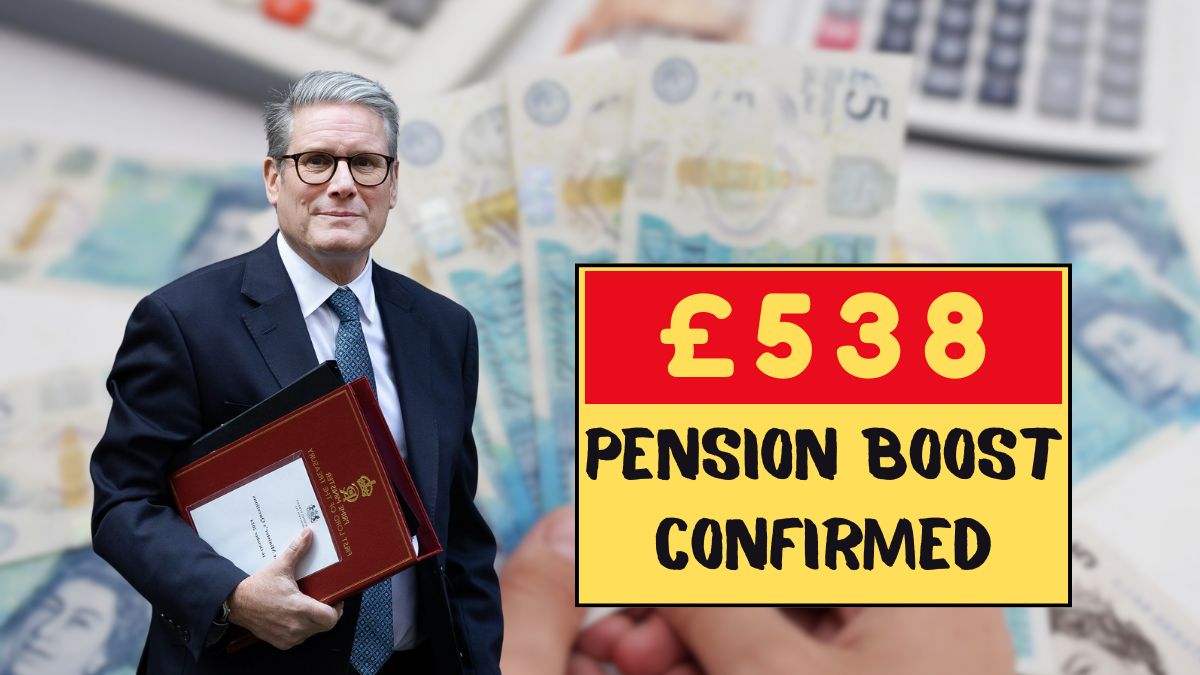
Inflation, high energy prices, and escalating housing costs have left millions struggling to cover basic expenses.
Since 2022, the government has rolled out several one-off Cost of Living Payments to ease this pressure. The 2025 £301 payment continues this support, with the aim of:
- Helping the most vulnerable households manage essential bills.
- Reducing the risk of families falling into poverty during winter months.
- Targeting those on the lowest incomes and most reliant on benefits.
Key Features of the £301 Cost of Living Payment
The 2025 payment has three defining features:
- Tax-free – It will not affect your income tax or benefit entitlements.
- Automatic – Paid directly into bank accounts, no separate application required.
- Updated eligibility – Stricter rules on who qualifies, focusing support on those most in need.
New Eligibility Rules for 2025
One of the most important changes this year is the narrower qualifying window.
- To receive the £301 payment, you must be entitled to a qualifying benefit on a specific date set by the government.
- If your benefit claim is under review, delayed, or you received a nil award during the period, you may miss out.
- Claimants must ensure all documentation and claims are processed early to secure eligibility.
Which Benefits Qualify?
The DWP has confirmed that the following benefits will qualify households for the £301 Cost of Living Payment:
- Universal Credit
- Income-based Jobseeker’s Allowance (JSA)
- Income Support
- Income-related Employment and Support Allowance (ESA)
- Pension Credit
- Tax Credits (administered by HMRC)
To avoid delays, claimants must keep bank and contact details updated with DWP or HMRC.
How 2025 Rules Differ from Previous Payments
Earlier Cost of Living Payments (2022–2024) allowed a wider eligibility period. In 2025:
- The qualifying date is tighter, requiring claimants to meet conditions on one specific date.
- Nil award cases are now excluded. If your Universal Credit was reduced to zero due to high earnings in that month, you will not receive the payment.
This means families and pensioners need to be extra vigilant in checking benefit statements.
Impact on Pensioners
For pensioners, the payment could be a lifeline—but only if they qualify.
- Pension Credit is the key gateway benefit. Pensioners not already receiving it should apply before the qualifying date.
- Low-income pensioners could miss out entirely if they delay their application.
- DWP will cross-check National Insurance numbers and bank accounts to prevent duplicate or fraudulent claims.
When Will the £301 Be Paid?
The government has not released an exact date yet. However, based on past payments, the £301 boost is expected to be distributed in stages across the financial year.
- Payments will show in accounts with references such as “DWP COL” or “HMRC COL”.
- Most recipients should see the funds automatically deposited within the announced payment window
Preparing Before the Qualifying Date
Households are advised to prepare well in advance:
- Submit claims early – Apply for benefits like Pension Credit before the deadline.
- Update your details – Ensure bank accounts and addresses are correct.
- Respond to DWP requests – Provide evidence promptly to avoid claim delays.
- Check online accounts – Regularly review your DWP or HMRC portal for updates.
Missing deadlines could mean missing out entirely, as backdated claims are not always guaranteed.
What to Do If You Do Not Receive the Payment
If you believe you qualified but didn’t receive the £301 payment:
- Use the DWP’s official missing payment portal once it opens.
- Provide your National Insurance number, benefit statements, and bank details.
- Backdated payments are possible but may take weeks to process.
Interaction with Other Support Schemes
The £301 payment is separate from other financial help, meaning you may qualify for both. Examples include:
- Energy bill discounts.
- Council tax rebates.
- Devolved-nation support in Scotland, Wales, and Northern Ireland.
The Cost of Living Payment will not affect tax liability or reduce entitlement to other benefits.
Budgeting Tips to Stretch the £301 Payment
Even with the extra support, rising costs mean households must budget carefully. Experts recommend:
- Reviewing energy and broadband bills for cheaper tariffs.
- Using social tariffs if you receive benefits.
- Checking charity benefits calculators to ensure you’re claiming all help available.
- Using the £301 payment for essential bills and food, not discretionary spending.
Common Misunderstandings Cleared
- Myth 1: “Everyone struggling with living costs will get £301.”
- Reality: Only those on qualifying benefits will receive it.
- Myth 2: “It reduces other benefits.”
- Reality: It’s tax-free and separate.
- Myth 3: “Payments are manual.”
- Reality: They are automatic; no separate application needed.
The Future of Cost of Living Support
The government has confirmed the £301 payment for 2025, but the future of one-off payments is uncertain.
- Ministers suggest longer-term reforms may replace short-term boosts.
- Areas under review include energy pricing, housing costs, and core benefit levels.
- Households should not assume continued payments beyond 2025.
FAQs on the £301 Cost of Living Payment
Q1: Who qualifies for the £301 Cost of Living Payment in 2025?
A1: Anyone on qualifying benefits such as Universal Credit, Pension Credit, ESA, JSA, Income Support, or certain Tax Credits.
Q2: Do I need to apply for the payment?
A2: No. It will be automatic, paid directly into your bank account.
Q3: What happens if I get a nil award on Universal Credit?
A3: If your award is £0 for the qualifying month, you will not receive the payment.
Q4: When will the £301 be paid?
A4: Dates will be announced closer to the time, but payments usually fall within set windows across the year.
Q5: Can pensioners receive the payment?
A5: Yes, but only if they receive Pension Credit or another qualifying benefit before the deadline.


